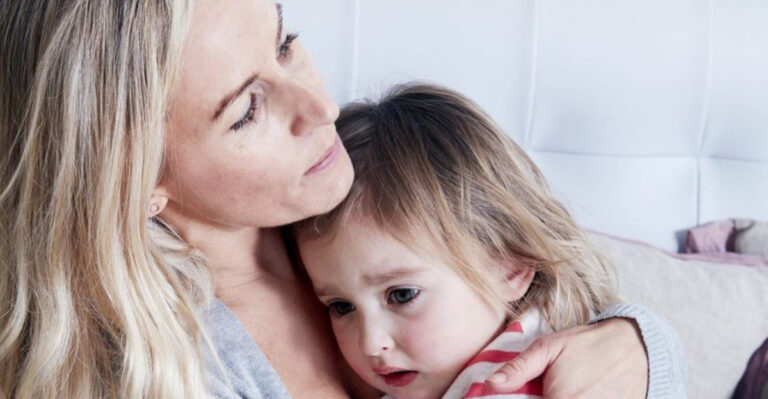15 Reasons Why I Refuse To Care For My Aging Parents
Sometimes, adult children must make difficult decisions regarding their relationship with aging parents. This list explores 15 compelling reasons why some choose to distance themselves, highlighting the complex dynamics and personal challenges involved.
1. They were never emotionally present for me

Imagine growing up in a house that felt more like a hotel, with parents who were physically there but emotionally absent. It’s like having a beautiful car without an engine; it looks good from the outside, but there’s no driving force. Emotional presence is crucial, and its absence leaves a void that words cannot fill.
This lack of emotional connection can lead to feelings of loneliness, even when surrounded by family. Many adult children find themselves questioning their worth, seeking validation from external sources.
The damage of such neglect can be long-lasting, and caring for parents who never cared emotionally can reopen old wounds, making it a path some choose not to take.
2. They expect care but gave no care back

Caring for someone is a two-way street, yet for some, this road has always been one-sided. It’s like watering a plant that never grows; endless giving without receiving anything back. Parents who demand care without having given any place their children in a moral dilemma.
This expectation without reciprocation can create resentment. Memories of being left to fend for oneself resurface, creating a barrier to compassion.
Not everyone feels obligated to care for those who’ve consistently failed to meet their needs. The realization that love and care were never reciprocal leads many adult children to refuse caregiving roles, protecting their emotional well-being.
3. Their toxic behavior hasn’t changed with age

Time doesn’t always heal all wounds, especially when the behavior remains unchanged. Toxicity in family dynamics can be as enduring as stone, wearing down the spirit with every encounter. It’s like living next to a perpetually erupting volcano.
When toxic behavior persists into old age, it can magnify existing emotional scars, making caregiving feel like a self-inflicted harm.
Choosing to step away is sometimes the only way to preserve one’s mental health. The realization that some behaviors are unchangeable allows adult children to prioritize their happiness over toxic family obligations.
4. I’m protecting my own family from their drama

Family drama can be contagious, spreading tension and negativity like wildfire. Protecting one’s own family from this turmoil is like building a fortress against chaos. Children deserve a safe space free from unnecessary conflicts.
When parents are the source of drama, distance becomes a form of protection. It allows for a nurturing environment where love and understanding thrive.
Adult children may choose to break the cycle of dysfunction to offer their own family a drama-free life, prioritizing peace over turbulent family ties.
5. Their financial recklessness is not my responsibility

Financial recklessness in aging parents can place an undue burden on adult children, like inheriting a sinking ship. The expectation to bail out parents who never managed their resources well can be overwhelming.
This irresponsibility is not a legacy anyone wishes to inherit. Adult children often have their own financial responsibilities and goals that must take precedence.
Choosing not to shoulder this burden is a decision rooted in self-preservation. It’s a recognition that being a safety net for poor financial choices isn’t fair or sustainable.
6. They never respected my boundaries

Imagine being asked to build a sandcastle while someone repeatedly kicks it down. This is what disrespecting boundaries feels like. It’s a relentless cycle of setting limits that are consistently ignored.
Parents who never respect boundaries can create an environment of constant stress and anxiety. It’s akin to living without walls, where nothing feels secure or respected.
Refusing to care for those who disregarded boundaries is an act of self-respect. It’s about reclaiming control and affirming that personal space and limits are non-negotiable.
7. Caring for them would destroy my health
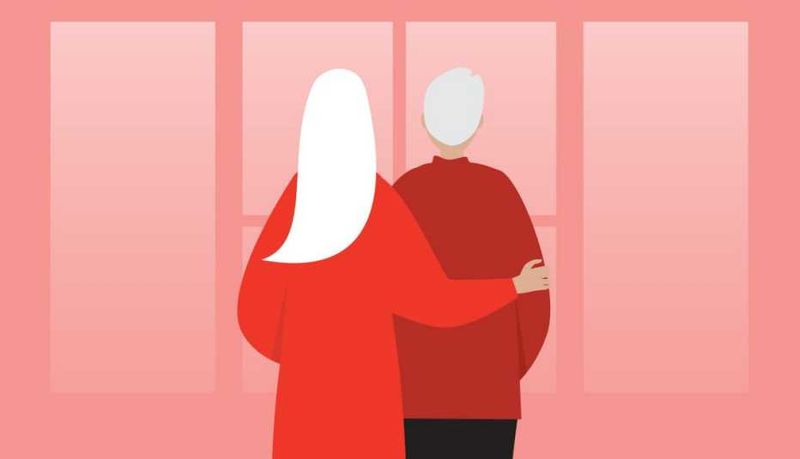
Health is wealth, and sometimes, caregiving demands more than what one can afford to give. It’s like running a marathon without ever reaching the finish line. The journey can be exhausting, both physically and mentally.
For some, the stress of caregiving is a risk too great to take. It can lead to burnout, where the caregiver’s health deteriorates rapidly.
Choosing to put one’s health first is not selfish; it’s necessary. Protecting oneself ensures the ability to care for those who truly need it without compromising well-being.
8. They refuse to accept any help but mine

Imagine being the only pillar holding up a crumbling structure. When parents refuse help from anyone but their child, it creates an unsustainable dependence. It’s like being the sole provider in a flood, struggling to stay afloat.
Accepting help is crucial, but some parents refuse to see beyond their own child. This tunnel vision can leave the caregiver overwhelmed and isolated.
By stepping back, adult children allow other support systems to step in, ensuring a balanced approach to care that doesn’t rely on a single individual.
9. I was treated like a caregiver as a child already
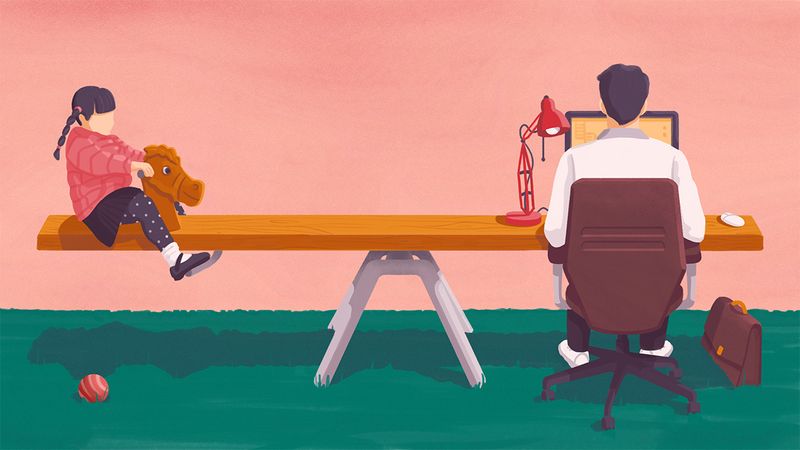
Role reversal from childhood can leave lasting scars. Being thrust into a caregiver role as a child is like skipping childhood, jumping straight into adult responsibilities. It can rob one of innocence and freedom.
For those who were caregivers in their youth, doing so again in adulthood can reopen old wounds. The weight of responsibility feels heavier when carried across decades.
Choosing not to repeat this cycle allows for healing and reclaiming lost childhood experiences. It’s a stand against reliving a past burden.
10. Guilt-tripping is their main form of communication
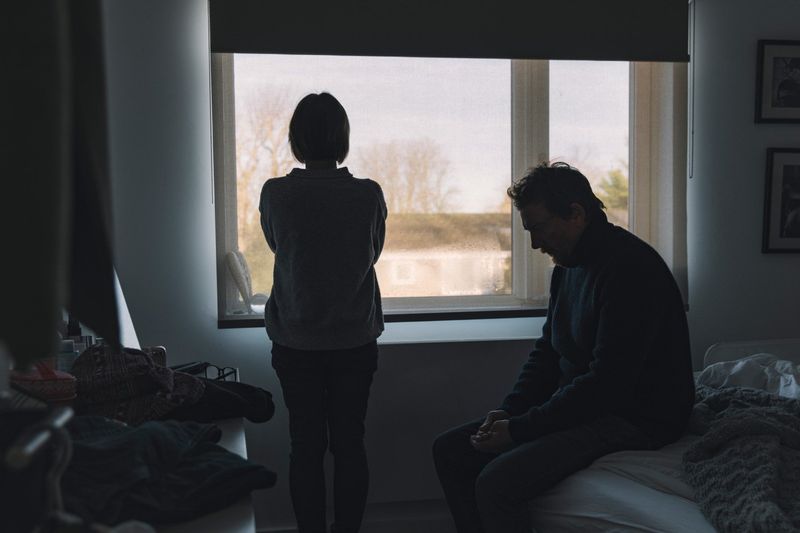
Culpabilidad is like an emotional debt trap, where love and obligation are constantly weighed on a scale. It’s a form of communication that leaves one feeling perpetually inadequate.
For parents who use guilt to control, this becomes their primary language, overshadowing genuine connection. It creates a cycle of emotional manipulation that can be hard to break.
Refusing to engage in this dynamic is a step toward emotional liberation. It’s about seeking authentic interactions and refusing to be bound by guilt’s heavy chains.
11. They made me feel like a burden growing up

Imagine being a guest in your own home, always aware of your place, never truly belonging. Feeling like a burden as a child can imprint a sense of unworthiness.
This perception can linger into adulthood, shaping relationships and self-esteem. It’s like carrying a weight that never seems to lighten.
Forgiving such deep-seated feelings is challenging, and choosing not to care for those who perpetuated them is a way to break free from that cycle. It’s about finding one’s own worth beyond parental validation.
12. They refuse to apologize for the past
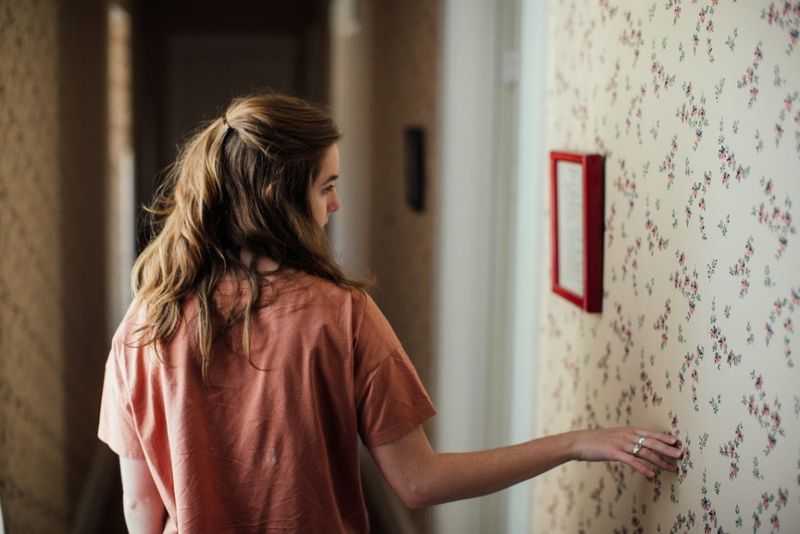
An unacknowledged past becomes a barrier to healing. It’s like trying to mend a broken vase without all the pieces. Apologies are the glue that can mend relationships, but some parents refuse to offer them.
This refusal can prevent wounds from healing, leaving scars that time alone cannot erase. It’s a denial that invalidates one’s experiences and feelings.
Choosing not to care for those who refuse to acknowledge their wrongdoing is an act of self-compassion. It’s about seeking closure in other ways and moving forward with dignity.
13. I don’t trust them not to harm me emotionally again

Trust is fragile, easily broken but hard to mend. An emotional breach from parents can leave a lasting impact, like learning to walk on a shaky bridge.
For those who’ve been hurt before, the fear of emotional harm remains, overshadowing any thoughts of reconciliation.
Choosing to distance oneself is a way to protect against further emotional damage. It’s an act of self-preservation, ensuring that past traumas don’t repeat themselves.
14. They expect gratitude for basic parenting

Basic parenting is not a favor but a responsibility. Expecting gratitude for fulfilling this duty is like demanding applause for breathing. It’s an expectation that can feel unjustified and burdensome.
When parents seek acknowledgment for basic care, it can overshadow genuine gratitude for meaningful actions. It shifts the focus from genuine connection to transactional relationships.
Refusing to offer such gratitude is a way to realign expectations and focus on building relationships based on mutual respect rather than obligation.
15. I need to break the cycle for my own peace
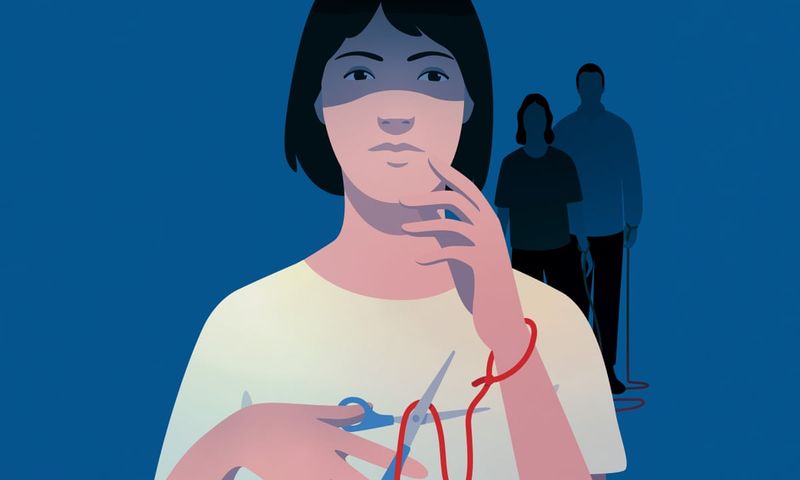
Breaking the cycle of dysfunction is like stepping into fresh air after a lifetime in a crowded room. It’s about choosing peace and self-discovery over perpetuating a legacy of chaos.
For many, this means distancing themselves from toxic family patterns. It’s about crafting a new narrative where love and respect are foundational.
By breaking away, individuals find freedom to live authentically, free from past constraints. It’s a path toward healing and creating a legacy worth passing on to future generations.




